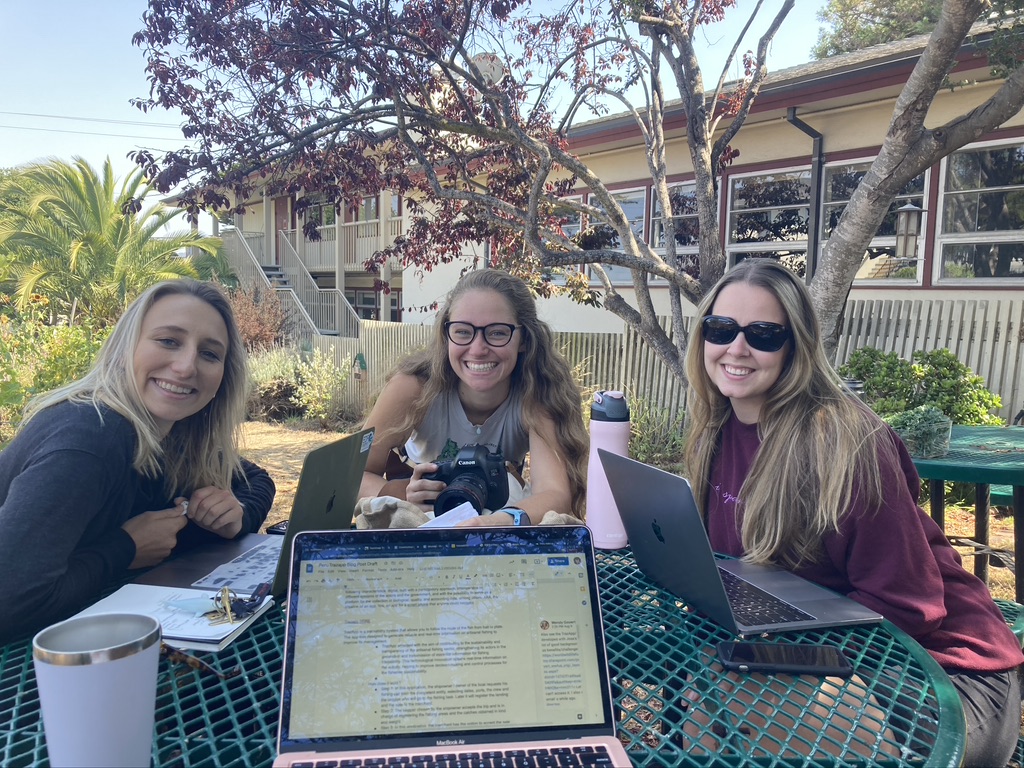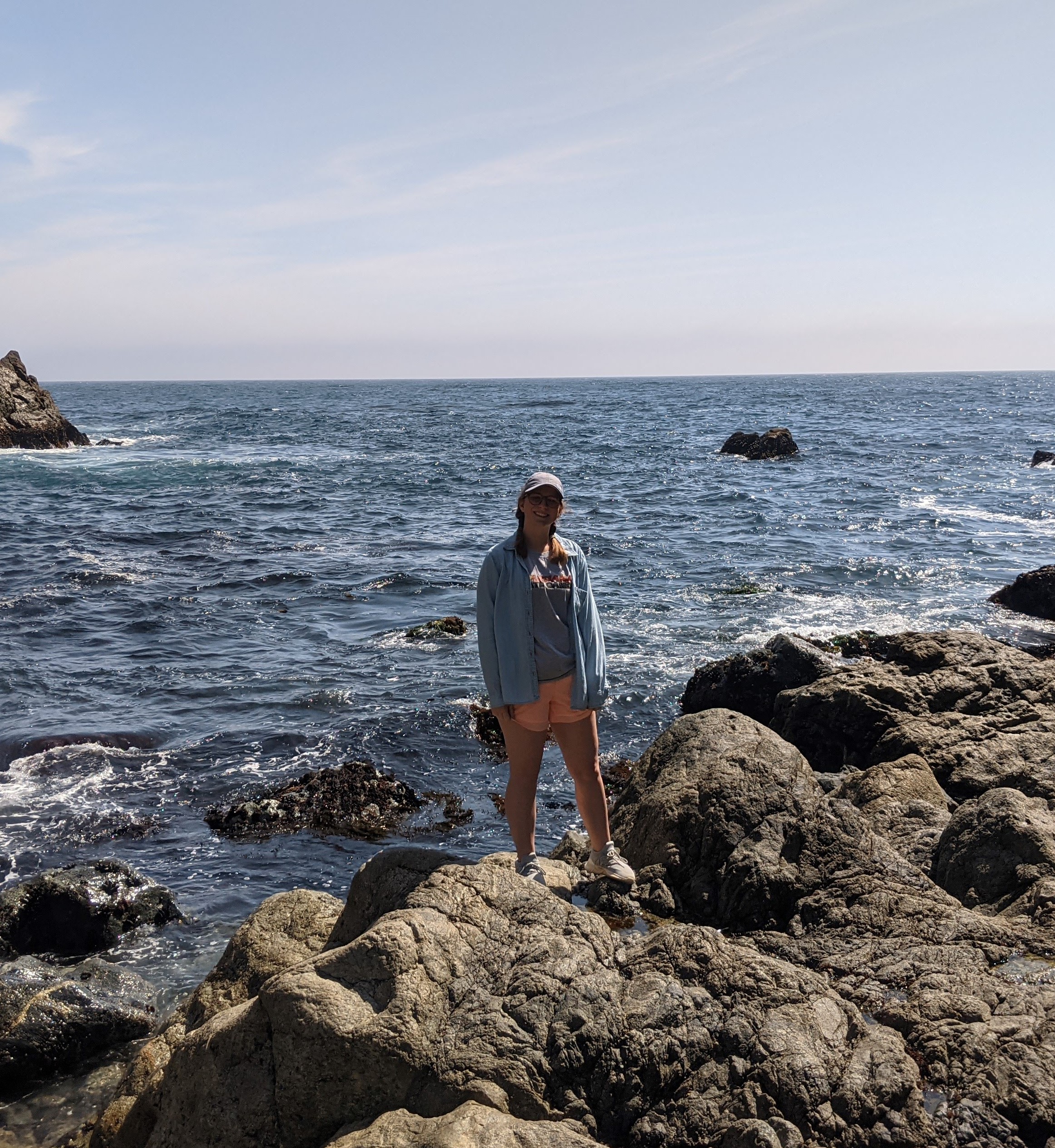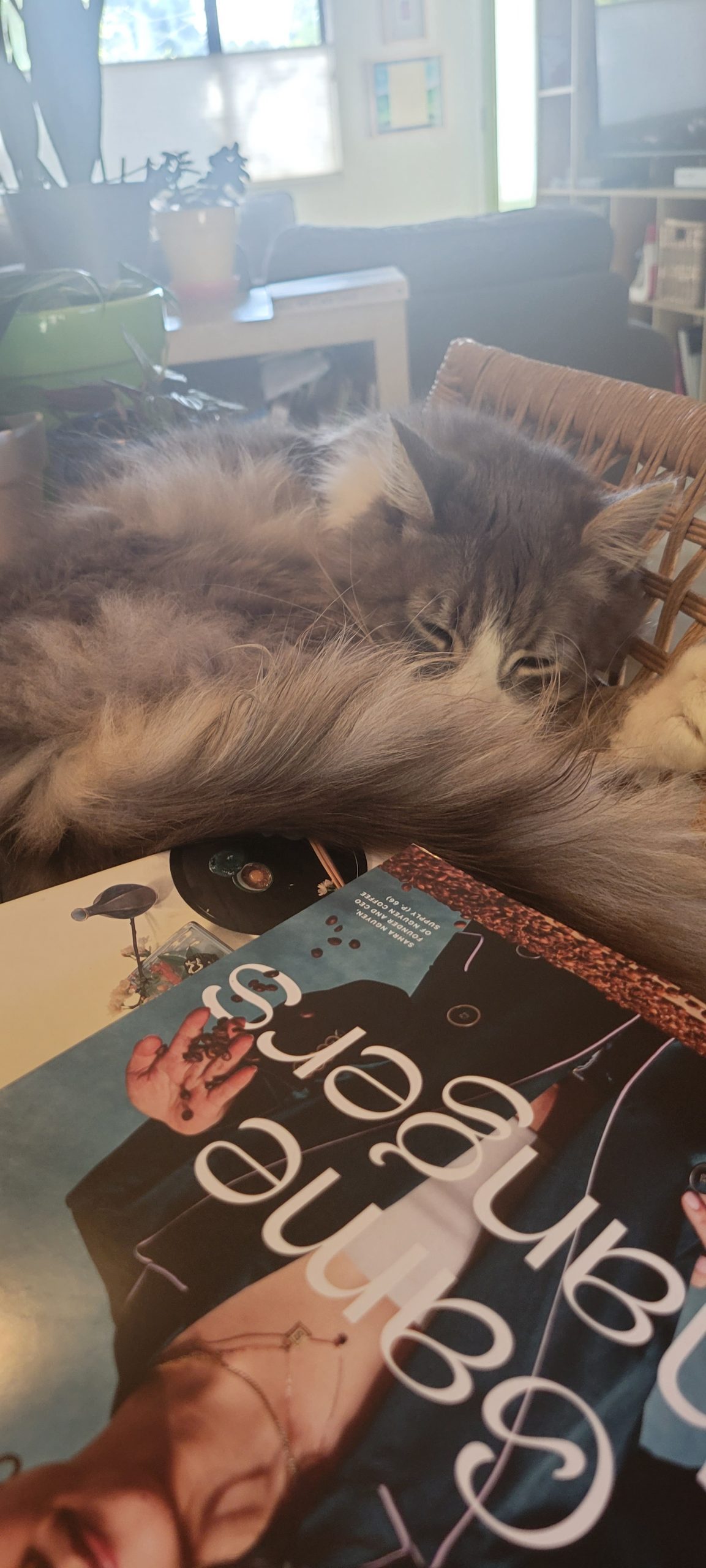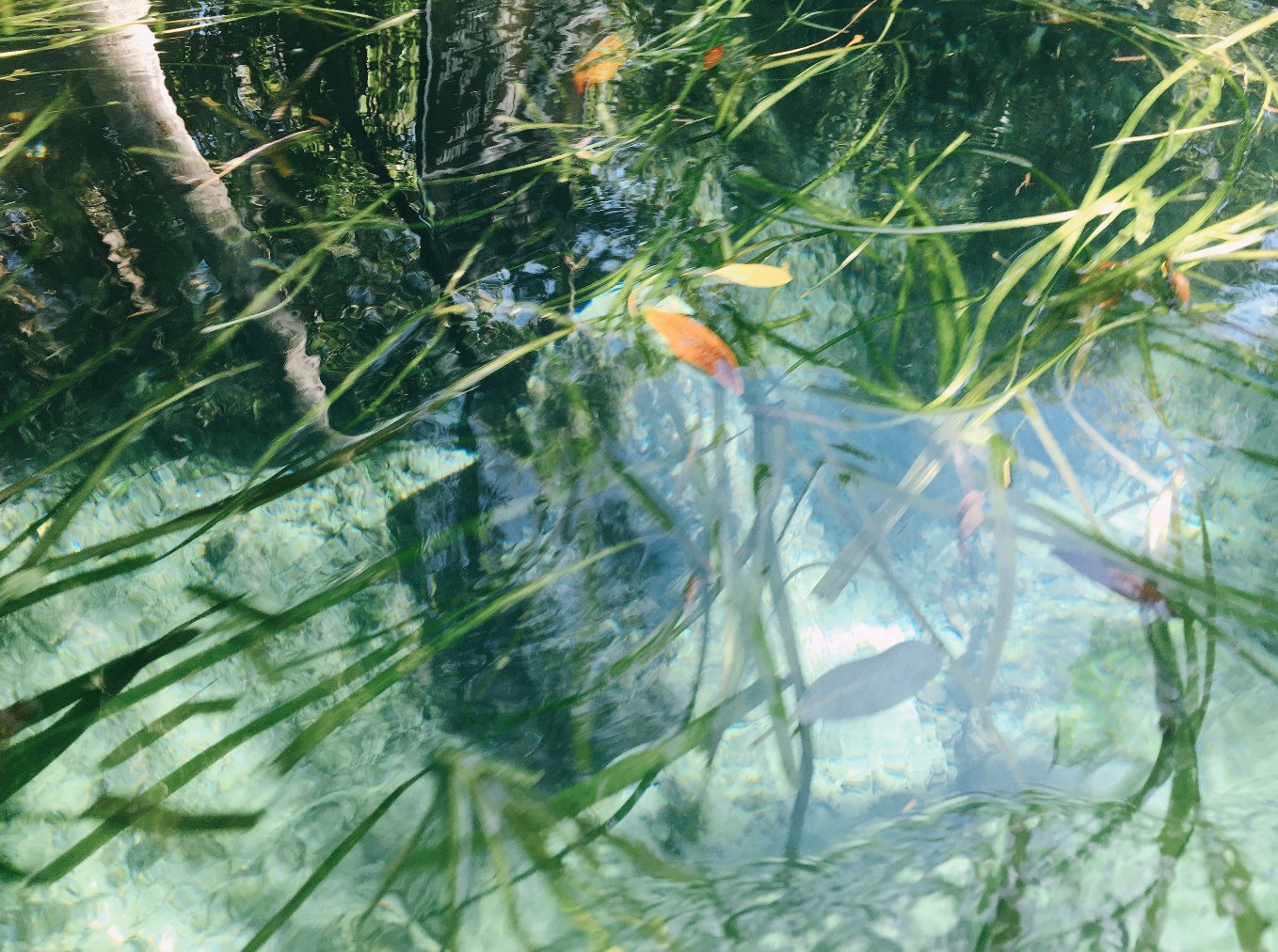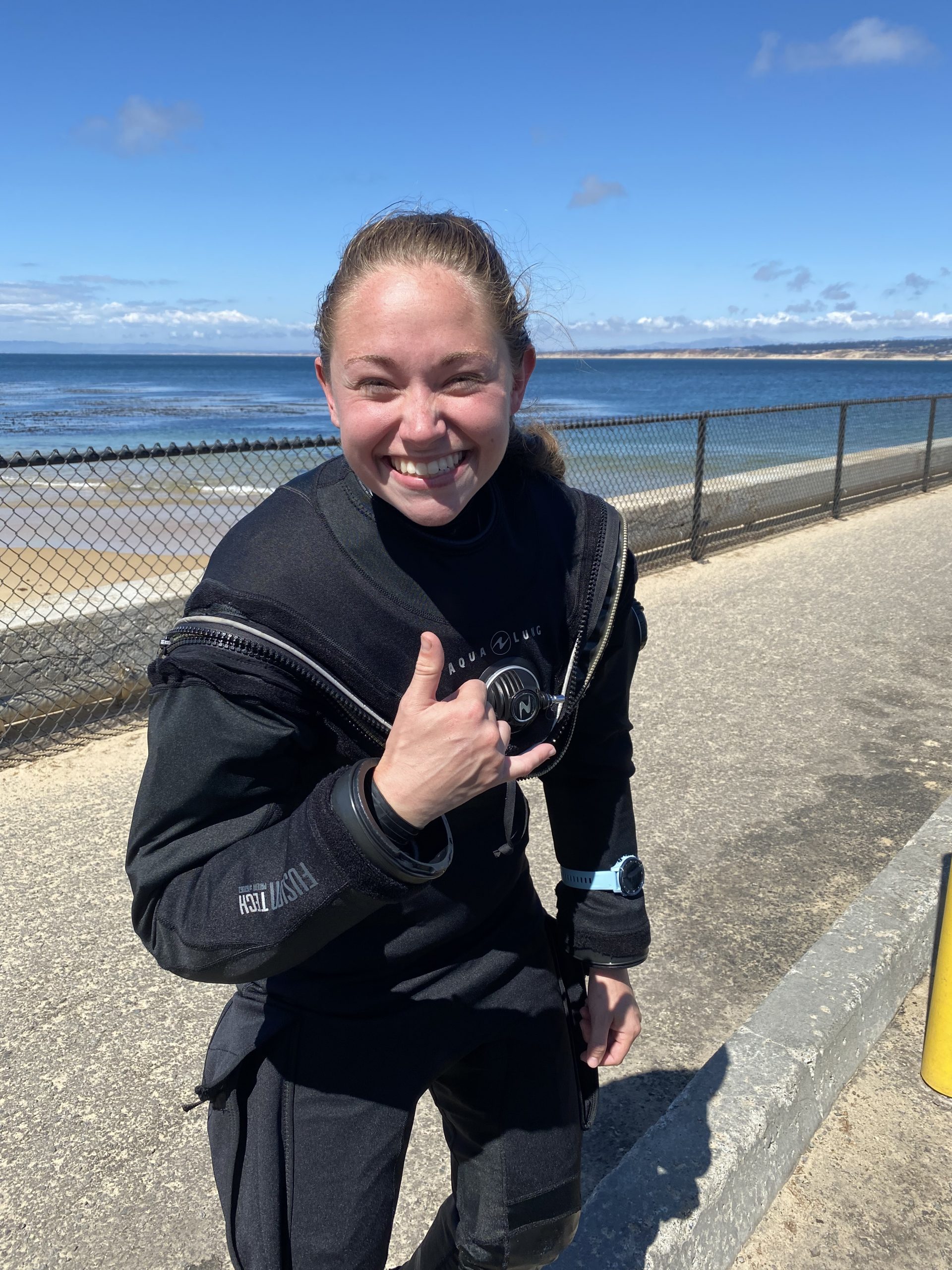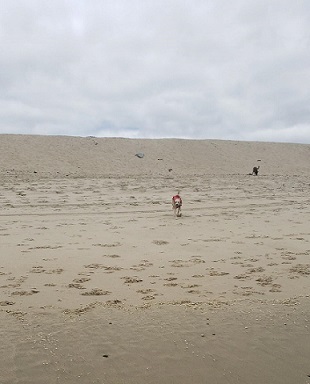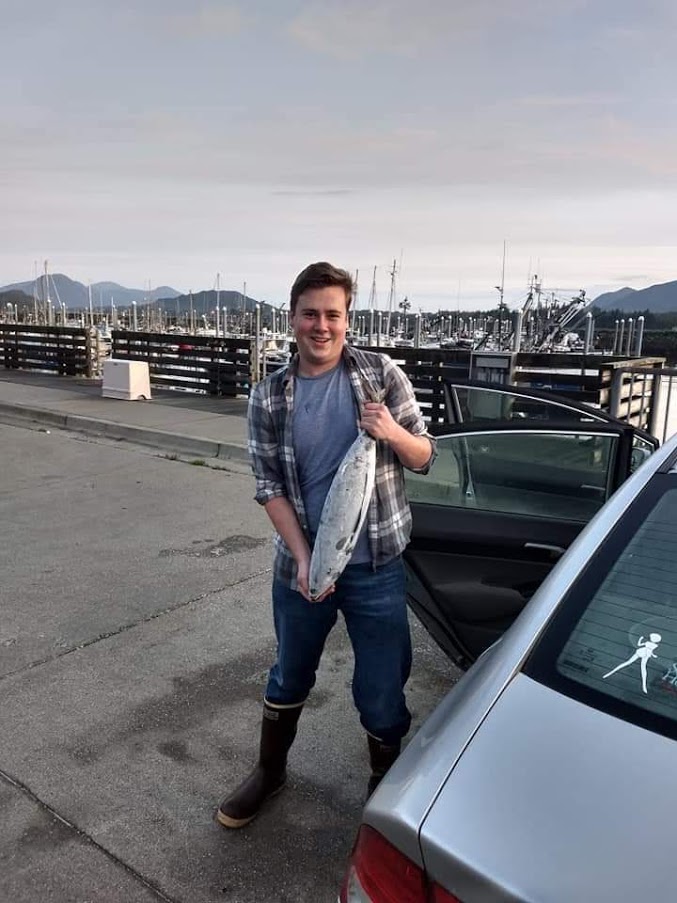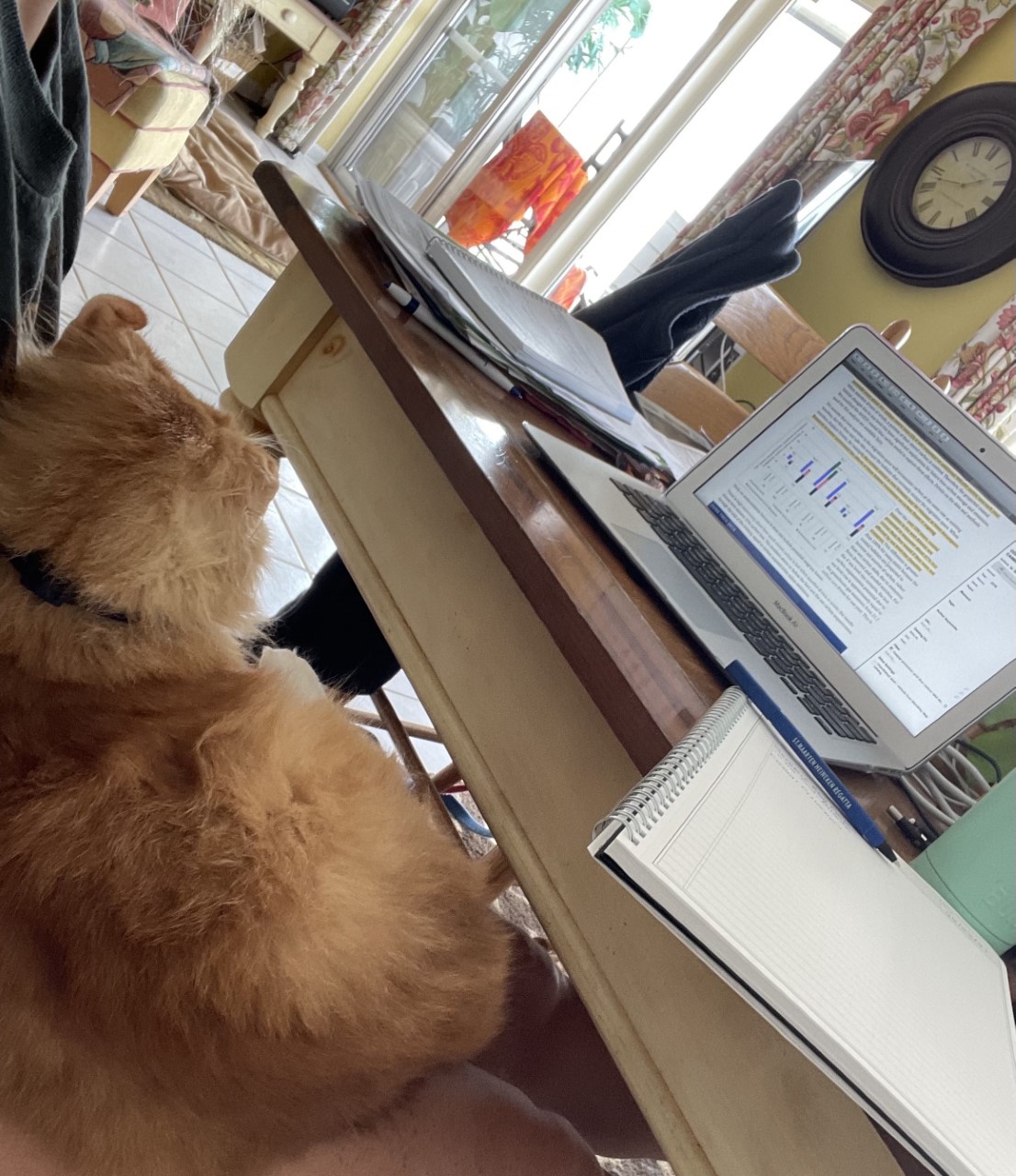
After many hours of planning, writing, editing, scheduling, and emailing (not to mention an endless amount of Zoom calls), I have finally wrapped up interviewing key stakeholder groups involved in sea level rise planning and mitigation within the Humboldt Bay region. Our final interview was a conversation with representatives of the grant funder for our study, the California Coastal Commission (pictured above). July and the first week of August were busy as we tried to schedule a one hour virtual sit down with representatives from 19 separate stakeholder groups including the Wiyot Tribe, PG&E, U.S. Army Corps, and local coastal cities to name a few. Eventually 17 groups were able to commit to a meeting with myself and the project team.
Continue reading
